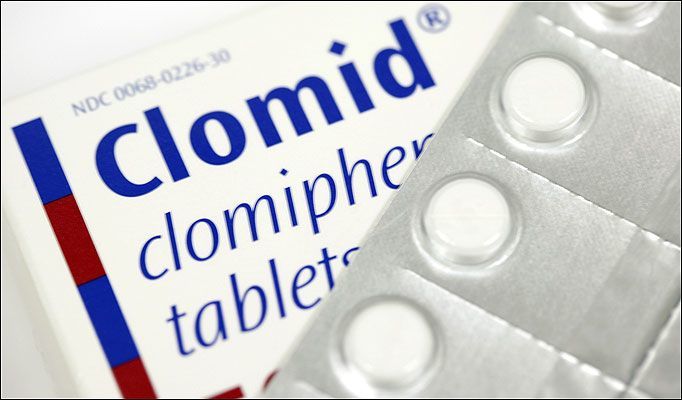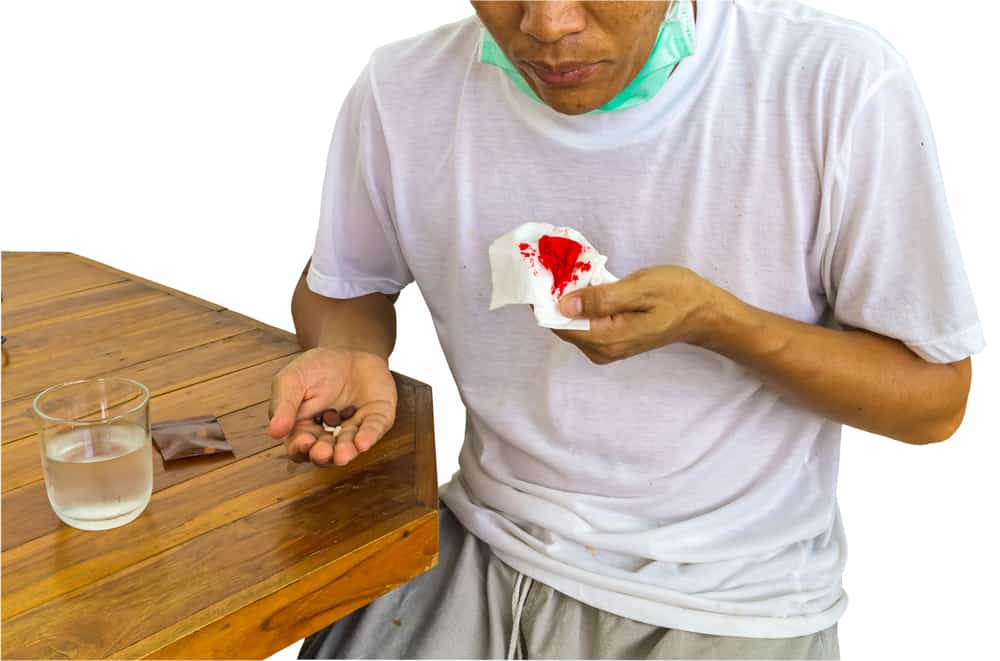Contents:
- Medical Video: Medical Animation: HIV and AIDS
- Causes of diarrhea in people with HIV
- Gastrointestinal infection
- Side effects of antiretroviral therapy
- Non-HIV drugs
- Opportunistic infections
- Overcoming diarrhea in people with HIV
- Drink plenty of fluids
- Adequate nutritional needs
- Take supplements
Medical Video: Medical Animation: HIV and AIDS
HIV is a disease that damages the immune system. As a result, various infections can attack which makes the body vulnerable to disease. One of the most common HIV complications is diarrhea. Diarrhea in HIV can be a chronic condition that is quite severe and needs to be treated according to the cause.
Causes of diarrhea in people with HIV
When you have HIV, diarrhea can be caused by various things. Even diarrhea can also be an early symptom of HIV known as the condition of acute HIV infection. The following are various causes of diarrhea in HIV:
Gastrointestinal infection
Diarrhea can be caused by bacterial, fungal, or viral infections. Clostridium difficile is a bacterium that causes diarrhea that is ten times more likely to occur in people who are HIV positive than in healthy people in general.
In addition, bacterial growth in the small intestine can also be a cause of diarrhea in people with HIV. Other diarrhea-causing organisms include:
- Cytomegalovirus (CMV)
- Cryptosporidium
- Microsporidia
- Giardia lamblia
- Mycobacterium avium-intracellulare (MAC)
The risk of infection increases when the immune system functions weaken, which occurs in people with HIV.
Although rare, other possible causes include pancreatitis to certain sexually transmitted infections that can cause proctitis (inflammation of the rectal lining) or wounds in the rectum and rectum.
Side effects of antiretroviral therapy
In people with HIV, diarrhea can be a side effect of antiretroviral drugs. Quoted from Verywellhealth, almost 20 percent of HIV patients taking antiretroviral drugs will experience moderate to severe diarrhea. Ritonavir is one of the drugs that can cause diarrhea. This drug can damage epithelial cells that line the intestine and cause fluid leakage to cause diarrhea.
Non-HIV drugs
Drugs other than antiretrovirals such as antibiotics can be a cause of diarrhea in people with HIV. This is because antibiotics can kill certain bacteria in the intestine which is very important for maintaining digestive health.
In addition to antibiotics, antacids containing magnesium can also cause diarrhea and even worsen the condition.
Opportunistic infections
Opportunistic infections are infections that occur due to a weakened immune system. As a result, bacteria, fungi, and viruses take the opportunity to infect the body easily.
Overcoming diarrhea in people with HIV
Treatment of diarrhea in people with HIV depends on the cause. Generally, HIV can be controlled with a healthy diet, including avoiding diarrhea-inducing foods. Here are some things to do to overcome diarrhea:
Drink plenty of fluids
When diarrhea, you will experience dehydration because the body continues to expel fluid through frequent bowel movements. For that, you need to keep your body hydrated by drinking lots of fluids. Water, ginger tea, and peppermint tea can be used as alternative fluids when you diarrhea.
Besides that, you can also make sports drinks that contain electrolytes. However, make sure to choose drinks that do not or contain little sugar. Be sure to consume lots of fluids between meals to avoid accelerating food movement through the intestine.
Adequate nutritional needs
Eating healthy foods can help boost the immune system. So even though you are infected with HIV, your body's condition remains in good condition. Eat small portions and often to maintain digestive health. You can eat a variety of healthy foods such as yogurt, oatmeal, bananas, pasta, boiled eggs, white bread, biscuits, and boiled potatoes.
Take supplements
Supplements can be used as an alternative intake for people with HIV who experience diarrhea. Various supplements that are usually recommended for consumption are amino acids L-glutamine, probiotics and acidophilus capsules, and soluble fiber products, such as Metamucil and other psyllium-based products.
Metamucil is often used to treat constipation, but can also help treat diarrhea. This drug is able to absorb water and condense food waste in the stomach which will move through the intestine and released through the anus.
















